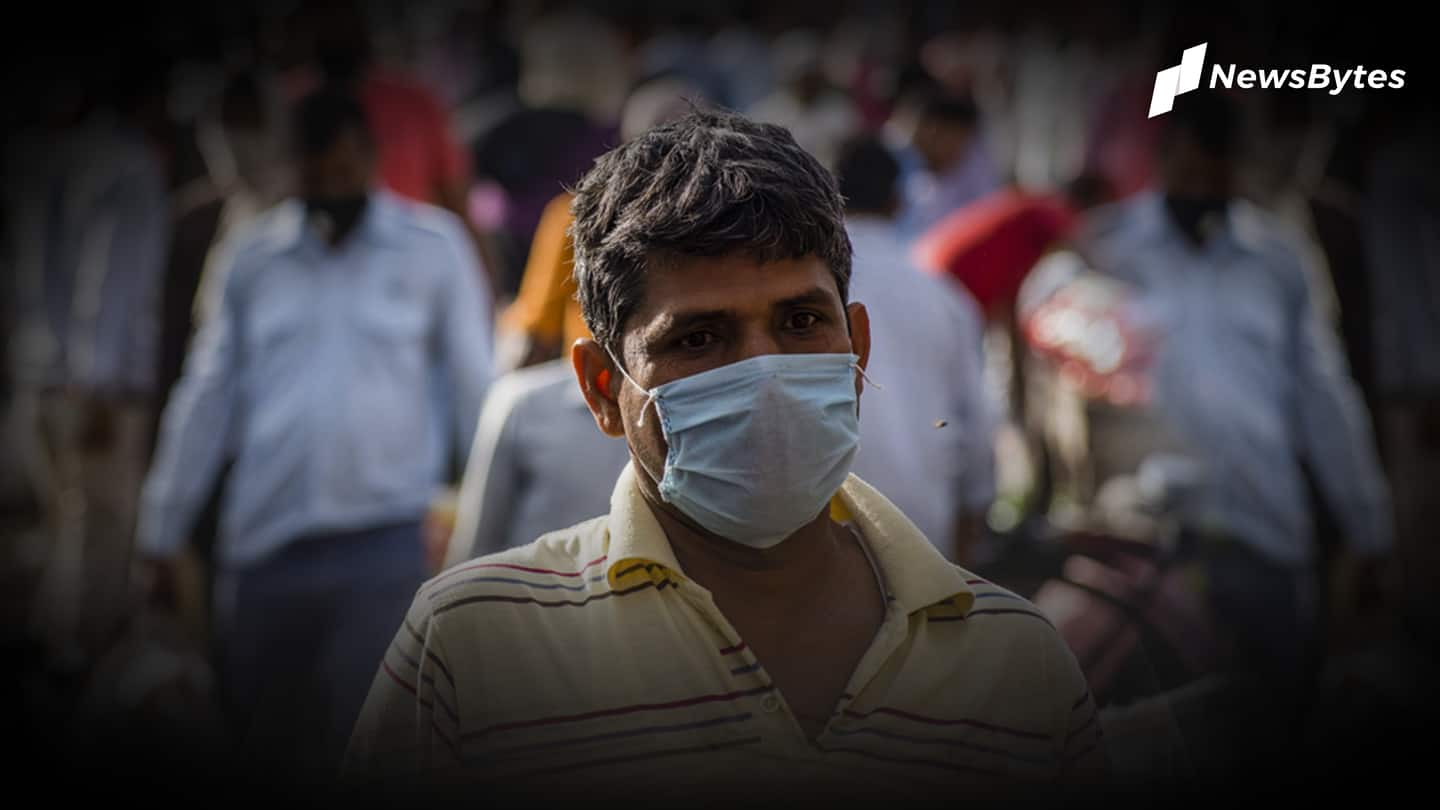
Can a recovered patient be infected again by coronavirus?
What's the story
As Oxford University's vaccine candidate for COVID-19 has been found safe and effective, there remains obscurity over how long immunity against the novel coronavirus will last.
Some studies have pointed out that immunity against the virus may fade away in months, if not weeks. However, experts have argued that the situation may not be as bleak since the human immune system is complex.
Study
Antibodies disappeared in patients after months, study found
Researchers at King's College London had tested 90 people with COVID-19 repeatedly from March to June.
According to the study, the infected persons had developed antibodies weeks after the infection, however, many of the antibodies disappeared two months later. A large-scale study in Spain had presented similar findings.
Such studies fueled reports that immunity against COVID-19 may be short-lived.
Experts’ opinion
Looking at immune system in parts presents incomplete picture
However, experts argued that looking at just one part of the immune system would be incomplete.
The immune system relies on B cells and T cells to fight off a pathogen. While B cells help make antibodies and mark pathogens for destruction, T cells take care of the killing. The latter was not measured in the KCL study.
Information
'COVID-19 patients rely more on T cells'
Eric Topol, a cardiologist and the founder and director of the Scripps Research facility, told The Atlantic, "To look at just one part of the immune response is woefully incomplete, especially if many COVID patients rely more on T cells."
Arguments
People recovering from COVID-19 had strong T-cell responses: Study
Topol also referred to France's Strasbourg University Hospital's study which found that some people recovering from COVID-19 had strong T cell responses without detectable antibodies.
He said, "There is a chance that if a similar longitudinal study looked at T cell response, the outcome would be far more optimistic."
Virologist Shane Crotty also said it's not unusual to have a fading antibody response.
Quote
'Smallpox vaccine antibody response declines 75% after six months'
Crotty told the publication, "When you look at something like the smallpox vaccine, you see the antibody response is down about 75% after six months. But that's a vaccine that works for decades."
Crotty added, "We need a study like this to look at COVID patients six months after infection to really know what we're dealing with."
Arguments
'Infected could use immunological memory to produce new antibodies'
Further, even low levels of antibodies could lead to a larger immune response later.
Pamela Bjorkman—a biochemist at the California Institute of Technology—said, "It's possible that previously-infected people could utilize [immunological memory] responses to produce new antibodies in case they are exposed to SARS-CoV-2 again."
Bjorkman said, "So I would not conclude yet that people infected with SARS-CoV-2 are not protected from another infection."